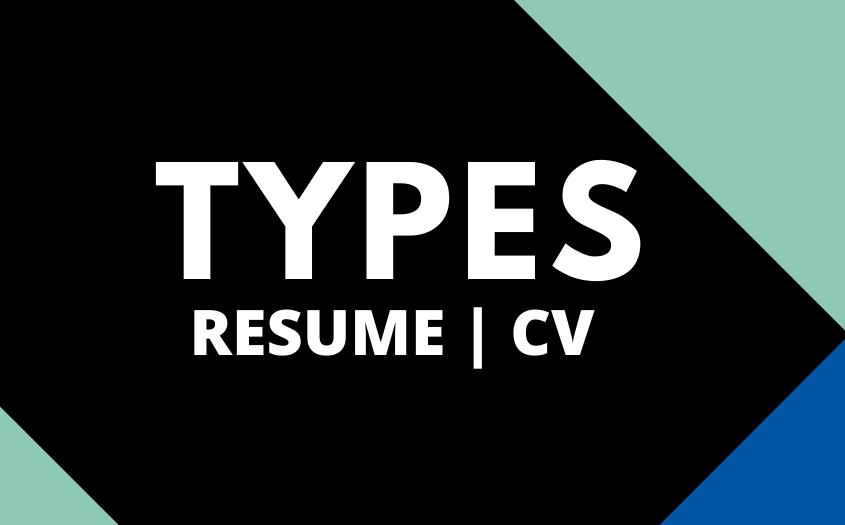Definition:
A resume/CV is a file that elaborates on you when you apply for any job. We generally define it as “A resume/cv is the formal document that is required to get a position for any job.” This the most general definition that is used in our daily life. We can define & more specify it individually for a particular post like teaching, businessman, etc.
Difference between CV/Resume:
I’ve read many posts about the difference between these two key terms. Mostly, people talking about cv is shorter than the resume. In another post I’ve read the resume is shorter than cv. I didn’t find any difference. Just difference of key terms. Mostly in Asia, people use CV instead of Resume. On other hand, other than Asia majority of the community use resumes instead of cv. In my opinion, this is the basic difference between these two words. If you think this is the wrong concept, you can comment on us. We’ll review then get back to you.
Types of Resume:
The structure in which you show your abilities, achievements, and objectives on a CV is critical, so pick the correct format for the job you’re looking for and your conditions. You can represent yourself in two types.

Chronological resume
This is the most frequent sort of CV, and generally, the one you see. It comprises a profile that includes your work history and details the duties and achievements for each post. Your training, further knowledge, and professional growth are generally provided under your career history, unless if you are a new graduate and wish to show your achievement.
Who should use it?
- Let If you have a steady professional history without gaps or diverse job requirements, you have enough information to build an impressive chronological curriculum vitae.
- If you have worked and wish to continue working in the same field for a while, then this is the perfect structure for you.
- You have several abilities, then it is advisable to exhibit them in this way since placing them into a functional format might mean that some of them are removed or are losing their background.
Functional
This style comprises of a profile, a selection of your abilities, explaining how they are employed, and then listing your employment without any tasks. Any credentials or additional information can be included in your job history.
Who should use it:
- If you have several employers that have requested you to employ the same talents, this reduces your resume.
- Let If you want to emphasize your qualifications instead of things like gaps in your job history, a functional structure is a way to go.
- Suppose if you do not have much experience or are searching for a move in your chosen industry, this format enables an employer to see the practical, transferable talents that you have and not to focus on your previous experience.
Importance of Resume/CV:

This is the important section of this article. Many people asking this question many times. I’ve seen many posts but didn’t get the exact answer. But I’ll explain in this way that cv/resume is the file that describes you. More generally, it is not a common file that you can use just a simple or write about yourself on a paper. This is a page that defines you. Every question that comes to the mind of that person who sees you c/resume. Your cv/resume must elaborate everything about you. If you miss a single thing then you lose huge opportunities.
Mostly I’ve seen that your cv/resume providing enough info but you can’t get a job. This reason is simple behind this about your template that you use to make cv/resume. A famous quote that relates to this is:
Things that look well, sell well.
So that’s why you use the rough template to create cv/resume that can cause rejection. So we’ll provide you best templates that help you to create a professional resume/cv in upcoming posts. You’ll get a premium template to enhance your cv/resume.
